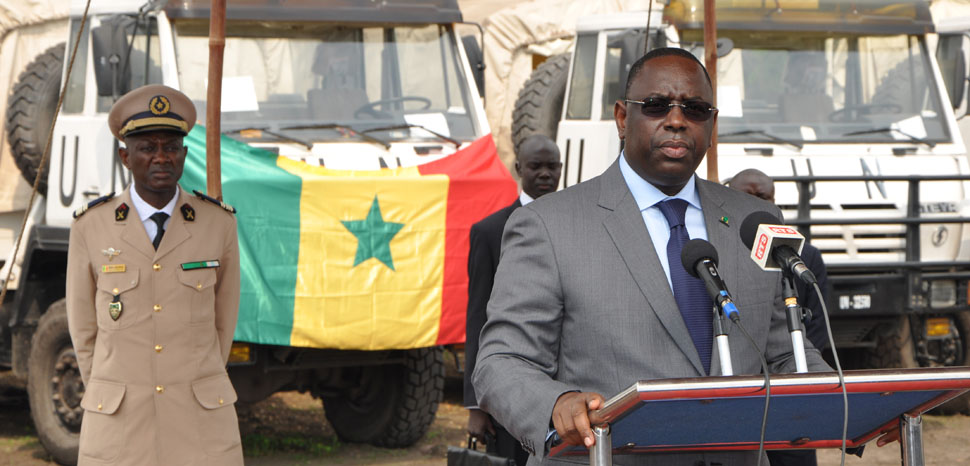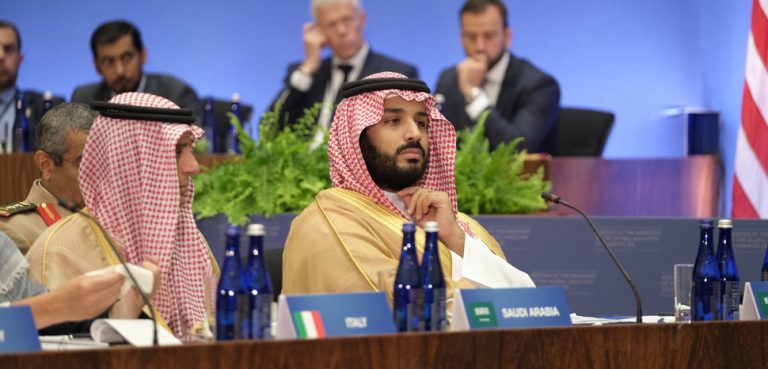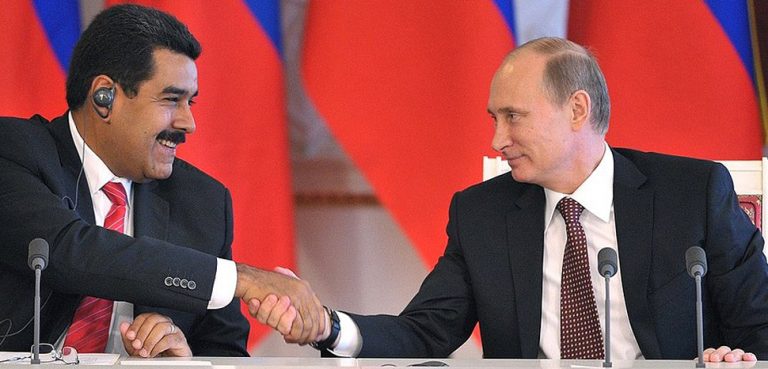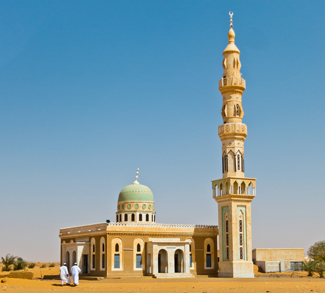The fallout is still spreading in Senegal following a recent report by BBC Panorama and Africa Eye which alleged that Aliou Sall, the brother of recently re-elected President Macky Sall, was involved in a corrupt oil deal between British energy giant BP and controversial Romanian-Australian businessman Frank Timis.
The international media and the Senegalese opposition have been quick to seize on the accusations, particularly given that Sall has been vocal about his desire to stamp out corruption. Certain elements of the case, however, cast doubt on whether the BBC report tells the full story: a number of the opposition figures who are most prominently backing up the allegations, for example, have a history of animosity with Sall that calls into question their motivations.
Of course, the BBC report’s allegations are serious, and it’s essential that the Senegalese government get to the bottom of them. Senegalese authorities have already made a start in this direction with the Justice Minister’s appeal to the Attorney General of the Dakar Court of Appeal last week, with a view to “the opening of a full investigation” into the allegations made by the BBC. Sall himself has already promised to dole out fair retribution in the wake of the report: “If we must punish, we will punish,” he pledged, “I will never depart from safeguarding the integrity of the territory, the sovereignty of the country, regardless of the opponents in front.”
Furthermore, Sall has been quick to offer an explanation as to why he allowed the oil deal to go through. “[Other actors] signed the contract for research and production sharing with Petrotim, on behalf of the Republic of Senegal, on January 17, 2012,” he asserts, “when I arrived, I signed the decree of approval… it was either that or trigger litigation because the contract was already signed.”
At the same time, the BBC piece appears to gloss over some more-than-pertinent information. For one thing, Timis also first met and hired Aliou Sall in 2011, a year before his brother’s election. What’s more, while the agreement with BP was undoubtedly implemented during Sall’s presidency, the original contract was drawn up under former president Abdoulaye Wade’s watch before Sall was even elected. In a particularly surreal touch, former Prime Minister Abdoul Mbaye, who heavily critiques the deal in the BBC video, himself prepared the decree to approve it.
Further still, the BBC story runs the risk of being weaponised by members of the Senegalese opposition who have themselves been involved in their share of dirty dealings. Abdoulaye Wade, for example, tried in 2012 to run for an unconstitutional third term even though he was the man responsible for the constitutionally revised two-term limit. His argument, at the time, was that the rules did not apply to him, as he took office before the changes took effect.
Wade has faced his own accusations of corruption. His son, Karim Wade, simultaneously held the post of minister for infrastructure, international cooperation, energy and air transportation during his father’s term, heading up a budget that was equivalent to one-third of the state’s entire expenditure. In 2013, prosecutors formally charged Karim with corruption after he was found to have taken stakes in large sectors of the Senegalese economy, including the management of Dakar’s port and services at both the existing and under-construction airport outside the capital.
The icing on the cake of former President Wade’s grim legacy, however, is surely his attempts to amend the constitution to lower the votes required to win a presidential election from 50 to 25 percent. He only backed down from this plan after thousands of young people took to the streets in protest.
In contrast with Wade, meanwhile, Sall has made significant strides in stamping our corruption in the country. In 2014, a fraud office initiative in tandem with the World Bank saw the creation and launch of a whistleblowing app designed to increase investigations of fraud, bribery and embezzlement. Additional financing has ensured progress toward a computerised financial management system designed to automatize and improve the transparency of expenditure processing, which is currently done on paper.
Thanks to its efforts on this front, Senegal has received nods from international anti-corruption monitors, such as Transparency International. Between 2012, the year of Sall’s first election, and 2018, the last year that the anti-corruption watchdog released its latest report, Senegal improved its Corruption Perceptions Index score from 36 to 45. And while the country still has far to go in continuing these efforts, there’s little question that recent reforms represent a major break from the past administration.
Of course, Wade and other former leading politicians have not been immune to the government’s crackdown on corruption, which goes far toward explaining their reaction to the BBC’s recent exposé. For them, the allegations are likely a welcome distraction from already fading memories about their own questionable deeds in office – not to mention their leading role in signing the very deal that is now at the centre of such controversy. For the Senegalese public, however, such opportunism will likely turn out to be nothing more than an attempt to scuttle Sall’s reform efforts – and a major loss for the country at large.
The views expressed in this article are those of the author alone and do not necessarily reflect Geopoliticalmonitor.com or any institutions with which the author is associated.




